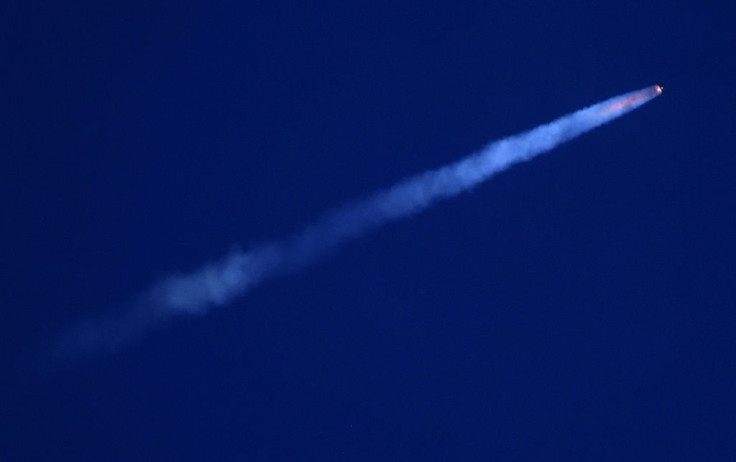Russian Spacecraft Breaks Apart In Earth Orbit, Roscosmos Confirms
KEY POINTS
- A defunct Russian rocket has broken apart in space
- The spacecraft broke apart into 65 pieces
- Fregat-SB was used to launch a radio telescope
The Russian space agency Roscosmos confirmed that one of its defunct spacecraft orbiting Earth had broken apart. The agency noted that it is currently tracking fragments from the spacecraft.
The spacecraft, known as Fregat-SB, was used by Russia for the launch of a radio telescope in 2011. Since then, it has been orbiting Earth as a massive piece of space debris.
On Sunday, Roscosmos confirmed that the rocket had broken apart in space. According to the agency, the incident occurred on May 8. Roscosmos noted that the launch vehicle fragmented in a region of Earth’s orbit that’s over the Indian Ocean.
It is not yet clear if the fragments are expected to fall back to Earth. The agency stated that it is still collecting data regarding the movement of the fragments.
“The breakdown happened on May 8, 2020, between 0500 and 0600 GMT above the Indian Ocean,” the agency said in a statement. “Currently we are working to collect data to confirm the quantity and orbit parameters of the fragments.”
Fregat-SB’s fragmentation was detected on Saturday by the 18th Space Control Squadron, a unit within the U.S. Air Force that monitors space debris around Earth. According to the military agency, the launch vehicle broke apart into 65 pieces.
Currently, it is not yet clear how or why the spacecraft broke apart in space as the agency did not detect clear signs of a collision that could have caused it to fragment.
#18SPCS confirmed that the breakup of FREGAT DEB (TANK) (#37756, 2011-037B) occurred on May 8, 2020, between 0402 and 0551 UTC. Tracking 65 associated pieces – no indication caused by collision. #spaceflightsafety #spacedebris
— 18th Space Defense Squadron (@18thSDS) May 9, 2020
Fregat-SB, also known as Zenit-3F, is an expendable carrier rocket designed by a Ukraine-based satellite designer. Its debut launch was conducted on Jan. 20, 2011 and delivered the Elektro-L new-generation weather satellite into space.
Then, on July 18, 2011, the Fregat-SB took off again for the launch of the Spektr-R radio telescope, which was operated by the Russian Astro Space Center. Its main objective was to study the sources of radio waves detected in space.
Russia lost contact with the telescope on Jan. 11, 2019. Then, on May 30 last year, its mission was officially concluded after the telescope was declared dead.

© Copyright IBTimes 2024. All rights reserved.





















